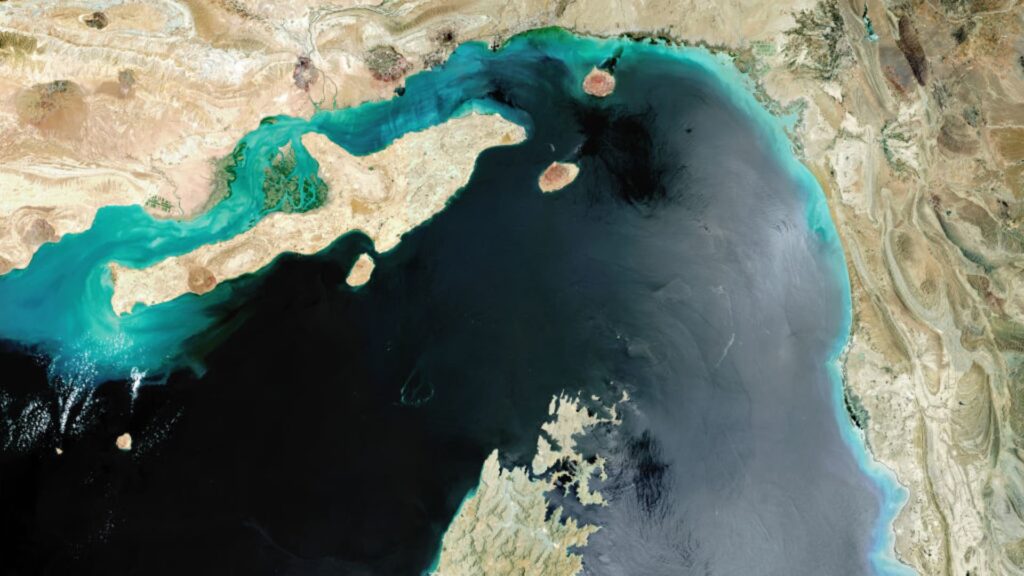On Sunday, Secretary of State Marco Rubio urged China to intervene and prevent Iran from closing the Strait of Hormuz, a crucial trade route for oil. He emphasized China’s dependency on this passage for its oil supply, as Iran is its key oil supplier. Following U.S. airstrikes on Iranian nuclear sites, Iran’s foreign minister asserted that the country would take measures to protect its sovereignty, while Iranian parliament members suggested supporting the closure of the strait, though the final decision rests with Iran’s national security council.
Blocking this vital waterway could severely impact the global economy, with approximately 20 million barrels of oil per day passing through it—20% of global consumption. Analysts warn that a prolonged closure could drive oil prices significantly higher. Rubio labeled the closure as “economic suicide” for Iran, noting that the majority of its oil exports go through these waters. While he stated that the U.S. has options to address Iran’s threats, defense experts believe the U.S. Navy can effectively counter any attempts by Iran to disrupt shipping.
However, some analysts caution that the potential risks are underestimated, suggesting that shipping disruptions could last longer than anticipated—possibly weeks or months. Ultimately, while the U.S. is expected to prevail, it may encounter significant challenges in the process.
Source link


